Water
Synopsis
Ashokamitran belongs to a group of major modern Tamil writers who came into prominence in the 1960s. These include D. Jayakantan, T. Janakiraman and Sundara Ramaswamy, each of whom has a distinct literary presence in modern Tamil writing. Ashokamaitran’s fiction is distinguished by an engagement with urban life, particularly the city of Chennai (or sometimes the twin cities of Secunderabad and Hyderabad), by its "naturalistic" or "impressionistic" form which almost appears formless, by a bare and understated style, and by an overall perspective which is at once wry, humorous and compassionate. Ashokamitran has said that he wrote Tannir (water) as a long short story, beginning only with a picture in his mind of a girl who was always to be seen carrying a huge water pot, whether it was at two in the morning or in the heat of the day at high noon. It was first serialized in Kanaiyazhi from July to November 1971 and published in its present form in 1973. Although it is no more than a novella or short novel, it is a highly complex piece of writing which works at many levels. In one sense, it could be said that Tannir is a social documentary, describing the months of drought in Chennai in 1969, keenly observing the daily struggle by ordinary men and women to find enough water for their needs, their ingenious strategies, their ability to search out any source, and their interaction with an inept municipal staff which is incapable of providing the infrastructure necessary for a growing urban population. In this sense, the city’s street that the novel describes is itself the protagonist, and it is the corporate street life struggling to survive that makes up its "story." The form of the novel is made up on the one hand, of many impressionistic street scenes, some shadowy, in the early morning or dusk, almost like sequences in a film; and on the other, of a number of vignettes featuring unnamed characters, whose lives are all interconnected, nevertheless, through their common struggle. It is the centrality of the street that gives unity to the novel, binding together what might appear to be disparate or isolate episodes. Against this more generalized story of the drought and its end, Ashokamitran places the individual lives, sharply etched, of the two sisters, Jamuna and Chaya and their struggle to survive economically and spiritually in the chaos of the city. The charting of the drought months, as the story progresses, is paralleled cleverly, by the turning points in the girls’ lives, Jamuna’s inward struggle and her gradual self-discovery is juxtaposed all the time with the street scenes going on around her. There are other ironies and contrasts embedded in the novel. It may be important to point out that one of the ironies that is very tightly woven into the novel is the notion of madi or ritual purity, rigidly maintained by some orthodox people even throughout the drought. The early morning bath is as much for ritual purity as for cleanliness, and drinking water must be collected in that state. If this "pure" water, or a ritually "clean" persons, be so much as touched by the "impure" they become instantly polluted; the water, consequently, is useless. The imperatives of this tradition, for some people at least, overcomes all other considerations. This is brought out vividly in a central scene, where an old woman would rather empty out her hard won water, once it has been touched by others, than take it home and use it. In the novel, the poignancy of this concept is set against the struggles of Chaya, Teacher amma and Jamuna to define themselves by means other than that of caste and ritual purity, or even what passes for traditional morality. The honesty and courage of these particular characters is also to be contrasted with the various dubious political and economic transactions that are going on between the anonymous members of the street and the City Corporation. Many Tamil critics have pointed out the metaphoric resonances of "water" in this novel, which take off from the extreme topicality of the drought. Both drought and rain have their spiritual counterparts. Water is both contaminator and purifier, bringer of life and death. It could be said that this novella risks carrying too great a weight of meanings. But in Tamil at least, Ashokamitran’s bareness and clarity of style enables that play of meanings and leaves us with many questions about contemporary urban life in India. The open ending is entirely in the spirit of the novel. At the same time, it leaves us with a positive vision of Jamuna’s integrity and her will to survive.
Read more
9.50
8.55
$
10.00 $
Free delivery Wolrdwidе in 10-18 days
Ships in 2-4 days from New Delhi
Membership for 1 Year $35.00
Get it now and save 10%
Get it now and save 10%
BECOME A MEMBER
Books by the same authors


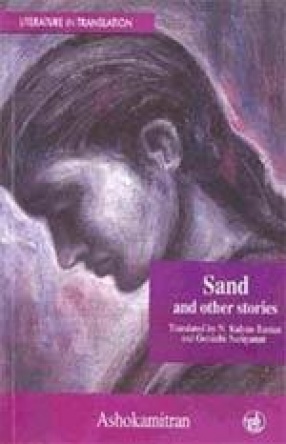
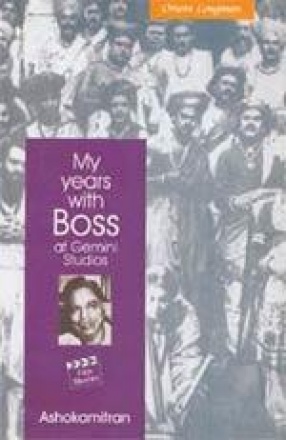
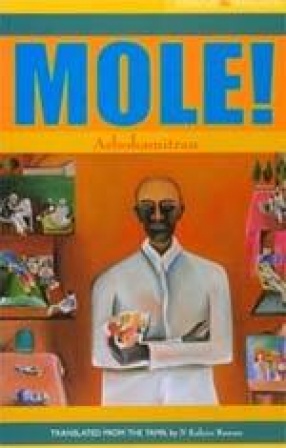
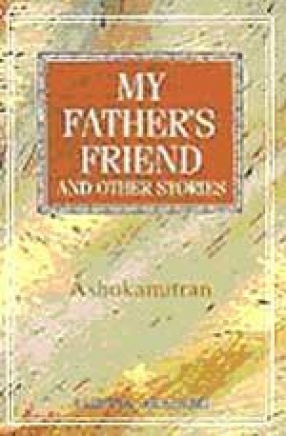
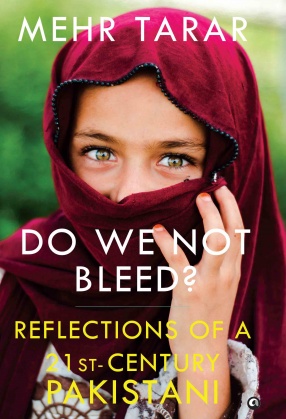
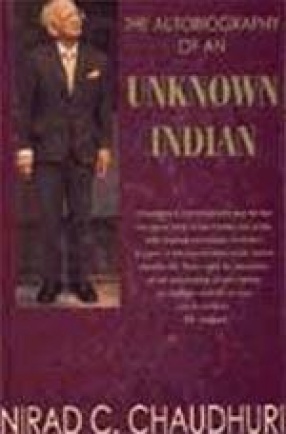
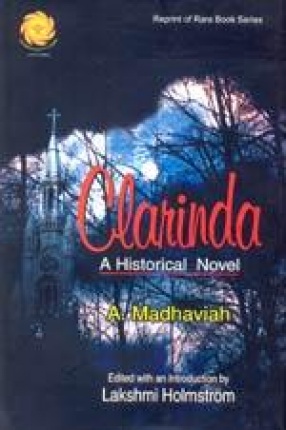

Bibliographic information
Lakshmi Holmstrom